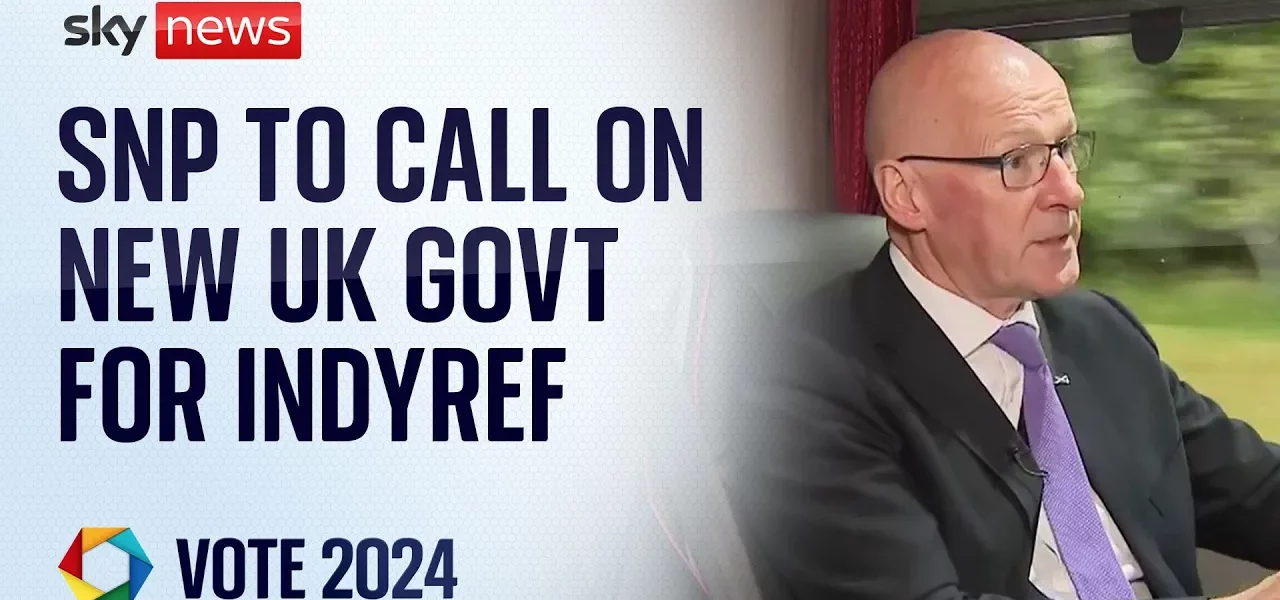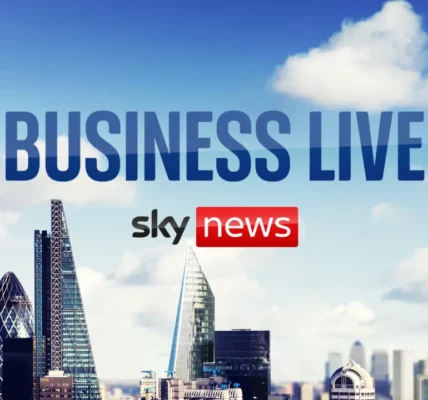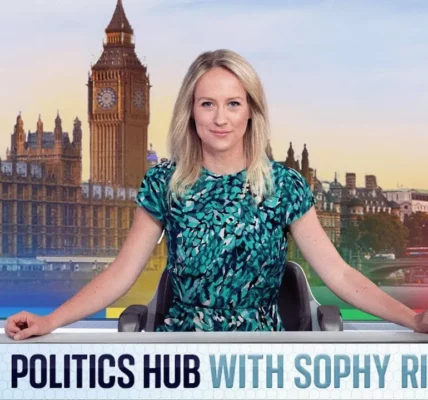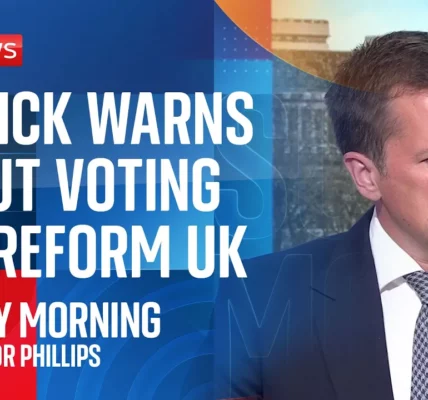Highlights of the Recent Political Campaign

In this article, we delve into the key moments of a political campaign, including the significance of human interaction, the impact of detailed media interviews, and the ongoing discourse surrounding Scottish independence. Let’s explore these elements that shape the political landscape.
Introduction
Political campaigns are dynamic events that reflect the values, aspirations, and concerns of the electorate. In the last five to six weeks, various highlights have emerged, showcasing the importance of engaging with the public and the media. This article will explore the pivotal moments of the campaign, emphasizing human interaction and the role of in-depth media discussions in shaping public perception and political discourse.
The Importance of Human Interaction
One of the standout aspects of any political campaign is the human element—the direct interaction between candidates and constituents. This aspect is crucial for both the candidate and the electorate.
Building Relationships and Trust
Engaging with people face-to-face allows candidates to:
- Understand public sentiment and concerns.
- Build trust through personal interactions.
- Persuade undecided voters by addressing their specific needs.
The Value of Dialogue
Dialogue during campaign events serves multiple purposes:
- Encourages transparency and accountability.
- Facilitates a deeper understanding of the candidate’s platform.
- Allows voters to challenge candidates, fostering a two-way communication channel.
Engagement through Detailed Media Interviews
Another highlight of the campaign has been the detailed media interviews that candidates participated in. These interviews offer a platform for candidates to delve deeper into their policies and beliefs.
Benefits of In-Depth Interviews
Such media engagements provide several benefits:
- Opportunity to explain complex issues in detail.
- Chance to showcase personality and authenticity.
- Ability to address public misconceptions and provide clarity.
Impact on Public Perception
From a viewer’s perspective, these interviews are invaluable. They allow the public to:
- Gain a comprehensive understanding of the candidate’s stance on various issues.
- Reflect on the candidate’s ability to articulate their vision for the future.
- Assess the candidate’s readiness to lead and make informed decisions.
The Independent Strategy and Scottish Independence
Central to the campaign discussions has been the topic of Scottish independence. Candidates have articulated their strategies regarding the potential outcomes of the election with respect to this pivotal issue.
Mandate for Independence
The candidate emphasized that there exists a mandate from the Scottish Parliament for a referendum on independence, highlighting:
- The majority support for independence among parliament members.
- The importance of respecting the views of the Scottish people.
- The role of parliament as the custodian of democratic will.
Responding to Election Outcomes
In response to potential losses in the election, the candidate clarified that the mandate for independence would remain relevant. They argued that:
- The outcome of the election does not negate the democratic mandate.
- Efforts to advocate for independence will continue regardless of election results.
- Public concerns about issues such as austerity and Brexit must be tied to the independence discussion.
Conclusion
The recent political campaign has been marked by significant highlights, particularly the emphasis on human interaction and the role of media interviews in shaping public discourse. As the discussion around Scottish independence continues, it is clear that the democratic will of the people will remain at the forefront of political strategy. Engaging effectively with both the electorate and the media will be crucial for candidates moving forward. We encourage readers to stay informed about these developments and to participate actively in the political process.
For more insights on political strategies and the importance of voter engagement, check out our articles on voter mobilization techniques and the role of media in elections.
“`




